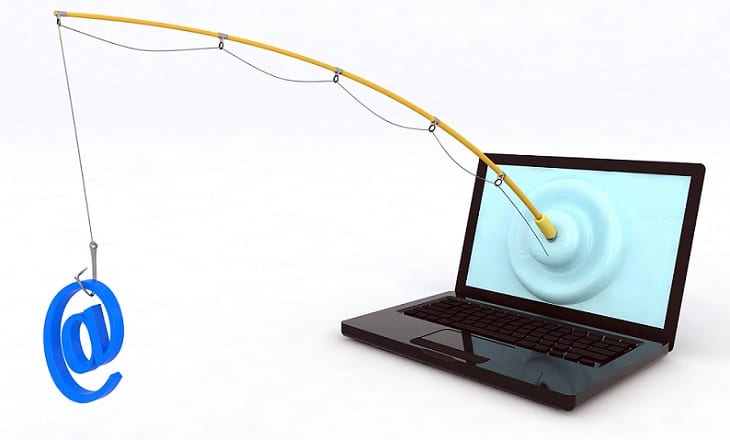The following article was written by Jens Chrzanowski, Regional German Director at FCA regulated broker Admiral Markets UK.
Hello!

Jens Chrzanowski, Admiral Markets
Chanel or Chanell? Gucci or Guci? The question of what is real or not is one that’s posed a ‘problem’ for fashion retailers and consumers for years. But, more recently, we’ve seen similar issues develop on the web and their target is much, much wider than the fashion industry. Unfortunately, it appears that our own dear brokerage industry is not entirely immune to them.
The sheer number and frequency of the spam and phishing emails that we receive these days has led some to say that we’ve already become accustomed to them. Fortunately, many of us are already quite savvy at spotting the ‘dodgy’ emails we receive, due to their poor quality or lack of a ‘native’ touch in their style of writing.
Sometimes, they’re SO clearly fake, e.g. “You’ve won 1 million Dollars, to get your money please send 500 Dollars to this account…”. You may even recognise this kind of subject line. The dangers of anyone believing such emails are very low. But the authors and initiators of this kind of stuff are getting more and more professional as time goes by. Their focus is now not only on emails, they’ve even begun imitating entire webpages.
These ‘scammers’ target big banks, large brokerage firms and many other corporate webpages. Just last week, via a press release, Admiral Markets had to warn of a very professionally made scam webpage. While I write this article, this scam webpage is still available online. A well managed, reputable company will do anything within its power to prevent such a scam from occurring in the future and minimise the risk of exposure, so we immediately informed the relevant regulators and other authorities. The webpage in question is now on the ‘black list’ of the French regulator, AMF, and authorities in other countries will prosecute this case too.
It’s important to remember that you should never, under any circumstances, give your personal details, log in data or passwords to a non-requested source, e.g. phishing emails. Banks and brokers will never ask you to re-enter your password or TAN by email – because of security updates – this will only ever happen within the confines of the company’s secured client portal. If you’re unsure whether a request is real or not, please call your account holding company, they will always know.
More recent scam webpages are not that easy to identify as fraud. Sometimes they even show a webpage certificate, ‘proving’ that the connection to that page is secure. These guys are very sophisticated and very clever! Lots of content there may look exactly the same as the real webpage, even some of the links can route you to the actual pages of the website that is being cloned.
The best tip to prevent the shame of being scammed is to be careful and sceptical when visiting a webpage for the first time. If it says Guci, that doesn’t mean it is Gucci. There are already some scam detector webpages which you might want to try out. Their best advice is to physically type out the web address of the webpage you’d like to visit on your own, that way you know exactly where you’re heading. For example: “www.example.co.uk.fam-tours” is not the same like “www.example.co.uk”. More tips are also available on public webpages, such as https://www.getsafeonline.org/.
Thanks for reading and stay safe out there!
Do you have feedback, concerns, requests, maybe even compliments? I’d love to hear. Please contact me via: [email protected].
Trading on margin carries a high level of risk, and this article should not be seen as advice or solicitation to buy or sell. It’s written for informational purposes only.
